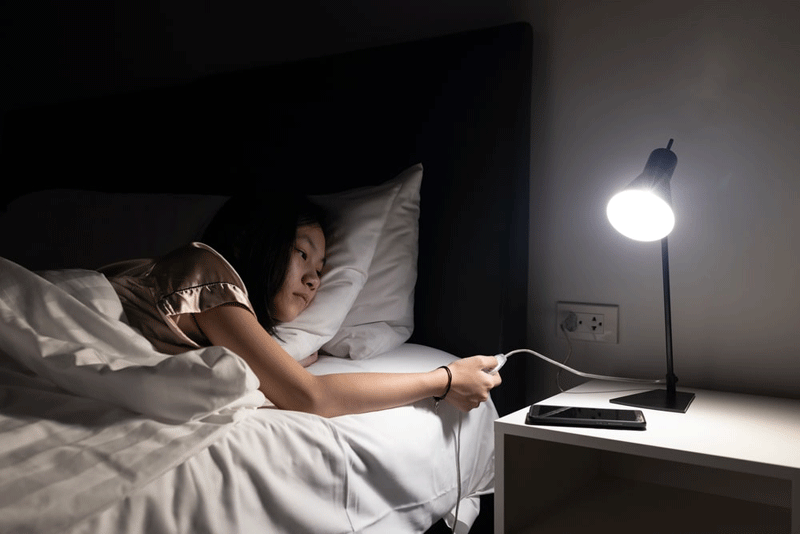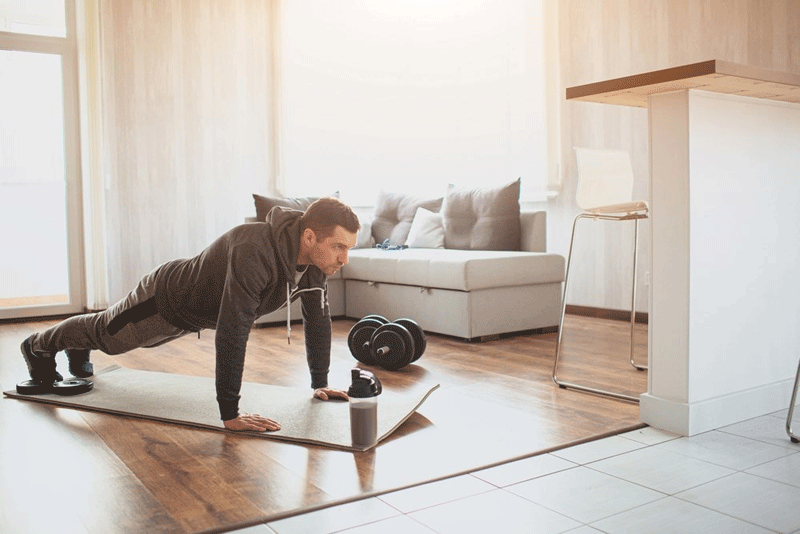A good night’s sleep has become a precious commodity in our fast-paced, always-connected world. Yet, for many, it still needs to be more accessible. Insomnia and other sleep disturbances affect a significant portion of the population, leading to a quest for solutions to help people have restful nights. While medications are an option, they’re not the only path to better sleep. Natural sleep solutions offer a holistic approach to improving sleep quality without pharmaceuticals.
Can Natural Sleep Solutions Replace Sleep Medications?
Many people can improve their sleep quality and reduce their medication reliance with natural sleep solutions. However, those with chronic insomnia or other sleep disorders should consult a doctor for a personalized approach.
6 Tips For Better Natural Sleep Solutions
Here, I have some suggestions to improve your sleeping patterns more naturally.
Embrace a Sleep-Conducive Environment

The foundation of good sleep hygiene is creating an environment that encourages rest. Your room should be a sanctuary designed for sleep:
- Temperature: Keep your bedroom cool, ideally between 60-67°F (15.5 and 19.5°C). A cooler environment mimics the body’s natural drop in temperature as it prepares for sleep.
- Darkness: Use blackout curtains, a sleep mask to block out light, or red light, signaling to your brain that it’s time to sleep.
- Quiet: Minimize noise or use a white noise machine to drown out disruptions.
- Comfort: Investing in a comfortable mattress and pillows suitable for supporting your preferred sleeping position is recommended. Otherwise, you can also sleep on the floor if you don’t have neck or back pain.
Establish a Relaxing Pre-Sleep Routine

A relaxing bedtime routine can improve rem sleep quality by calming the mind and body:
- Digital Detox: Avoid screens for at least an hour before bed, as the blue light they emit can interfere with your circadian rhythm.
- Warm Bath or Shower: The rise and subsequent fall in body temperature can promote drowsiness.
- Mindfulness or Meditation: Practices like deep breathing, sleep meditation, or gentle yoga can reduce stress and make it easier to fall asleep.
- Avoid Long Daytime Naps: While short power naps can be rejuvenating, long or irregular napping during the day can interfere with nighttime sleep.
Mind Your Diet

What and when you eat can impact your sleep:
- Limit Caffeine and Alcohol: Both can disrupt your sleep cycle, so avoid them in the hours leading up to bedtime.
- Eat Sleep-Promoting Foods: Almonds, walnuts, cherries, probiotic-rich foods, and warm milk contain nutrients that enhance sleep quality.
Regular Exercise

Physical activity can promote faster and deeper sleep, but timing is crucial. Try to finish exercise several hours before bedtime to avoid stimulating your body too close to sleep time.
Natural Supplements

Certain supplements can encourage sleep, but it’s essential to visit a healthcare provider before starting any new supplement:
- Melatonin: Helps regulate sleep cycles, particularly useful for those with jet lag or night shift workers.
- Magnesium: Known to relax muscles and induce sleep.
- Valerian Root: This has been used for centuries as a remedy for insomnia.
Mindfulness and Stress Management

Stress is the main culprit behind sleepless nights. Techniques like journaling, mindfulness, and cognitive-behavioral strategies can reduce stress and improve sleep quality.
Conclusion
By incorporating these natural sleep solutions into your lifestyle, you’re taking a holistic approach to improve your sleep quality and overall health. Remember, consistency and patience are crucial, and what works for one person may not work for another. It’s about finding the right combination of practices that suit your needs.
Frequently Asked Questions
How Long Will You See Improvements In Sleep From Natural Solutions?
It can vary. Some may notice improvements within a few days, while others may take several weeks of consistent practice. Patience and consistency are key. Stick to a consistent sleep schedule, even on weekends. Going to bed and waking up simultaneously each day reinforces your body’s sleep-wake cycle.
What If Natural Solutions Don’t Work?
If you’ve tried various natural solutions without success, it may be time to consult a healthcare provider. They can offer additional insights and explore other treatments, including ruling out underlying conditions affecting your sleep.
Can Exercise At Night Interfere With Sleep?
Yes, vigorous exercise too close to bedtime can be stimulating, potentially making it harder to fall asleep. Aim to complete workouts at least a few hours before bedtime.

